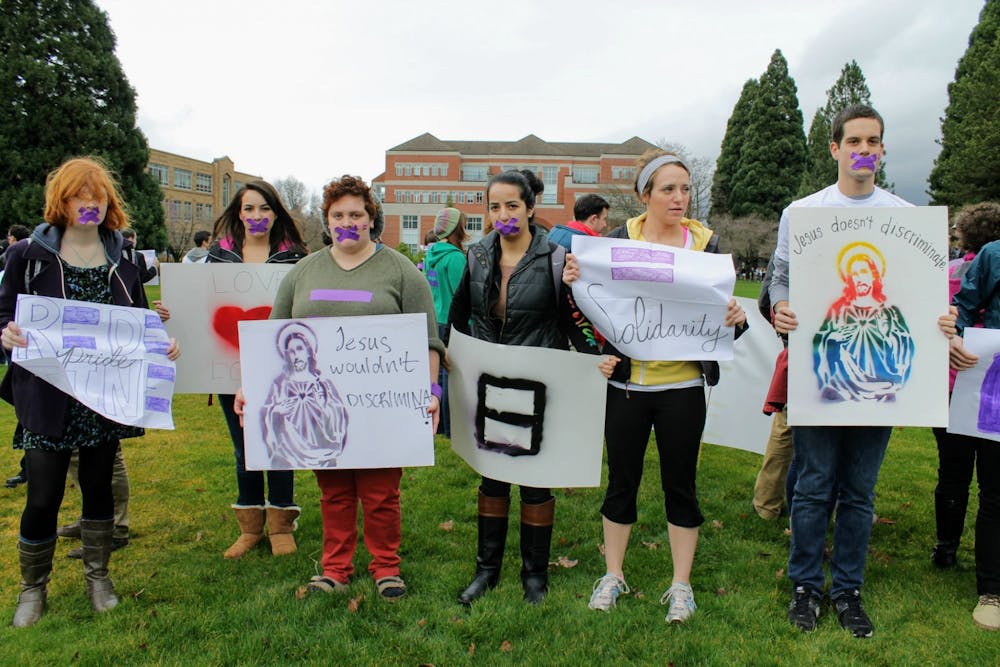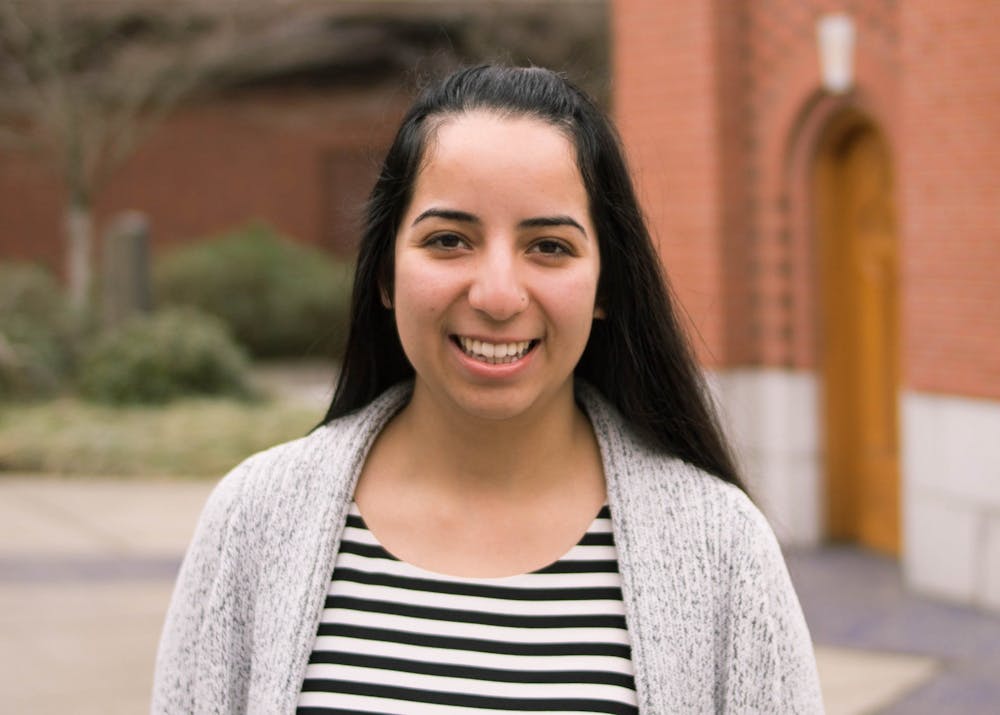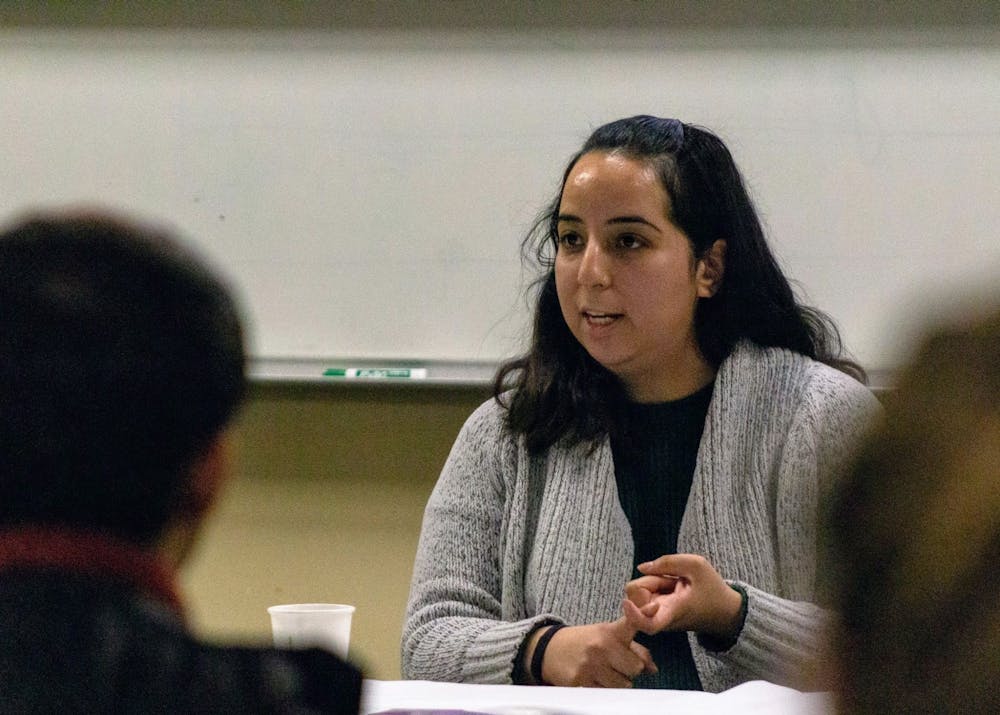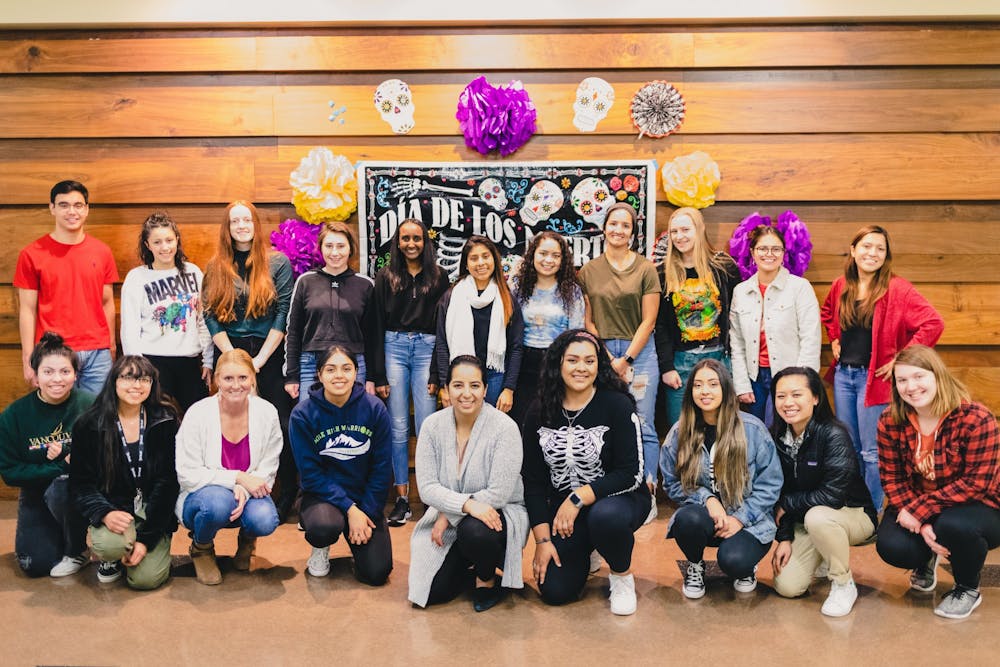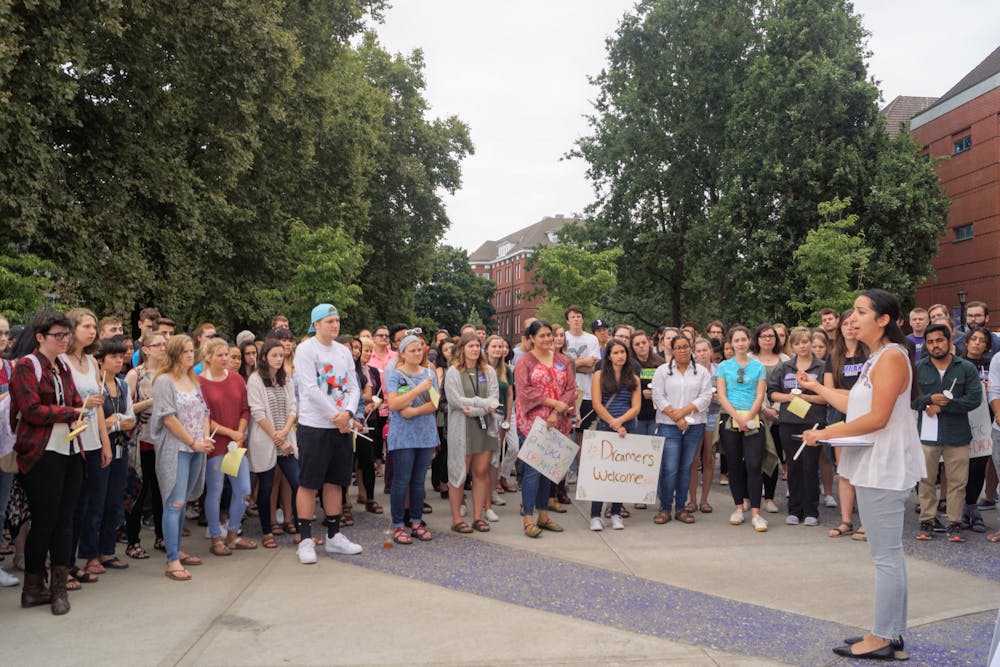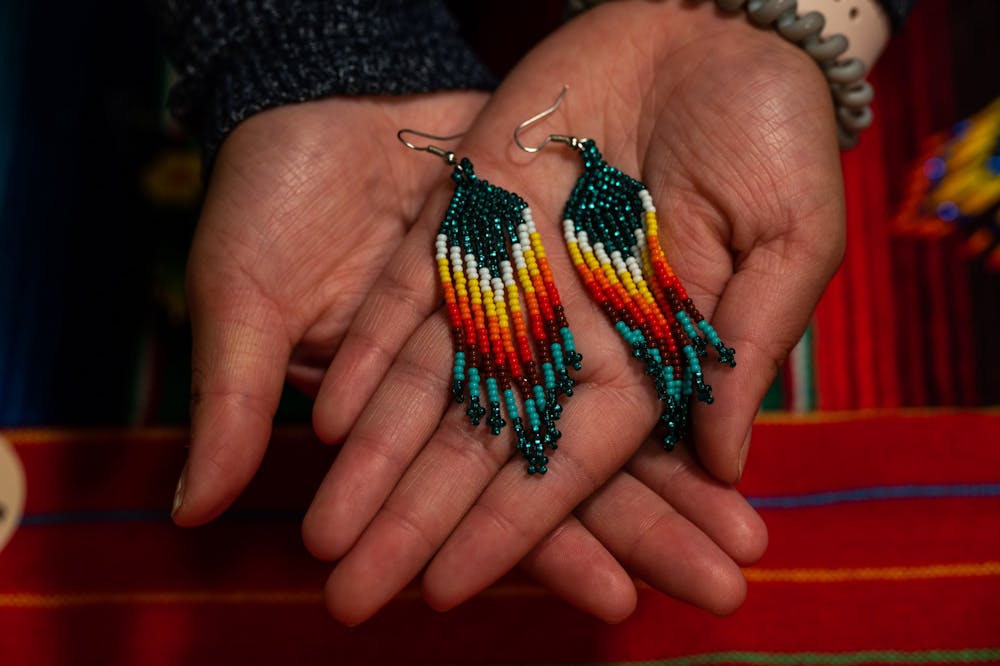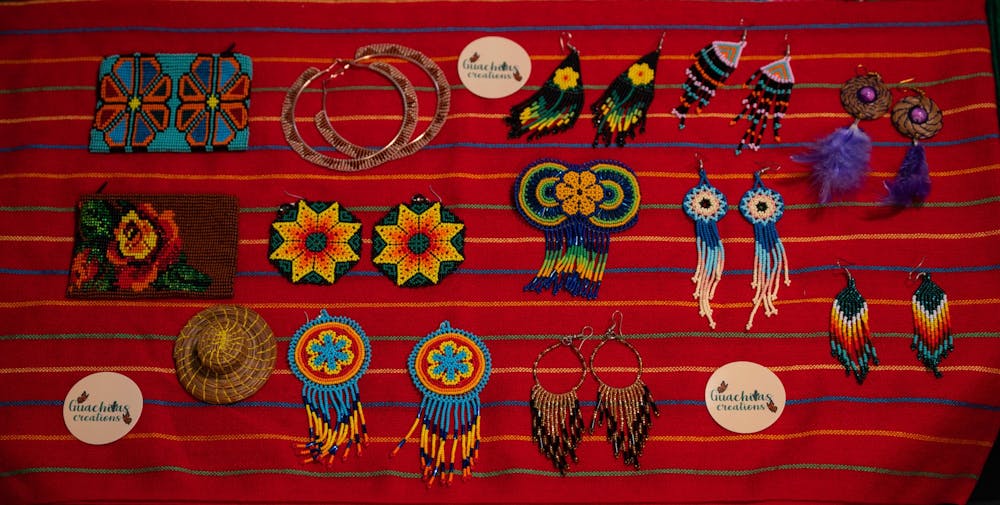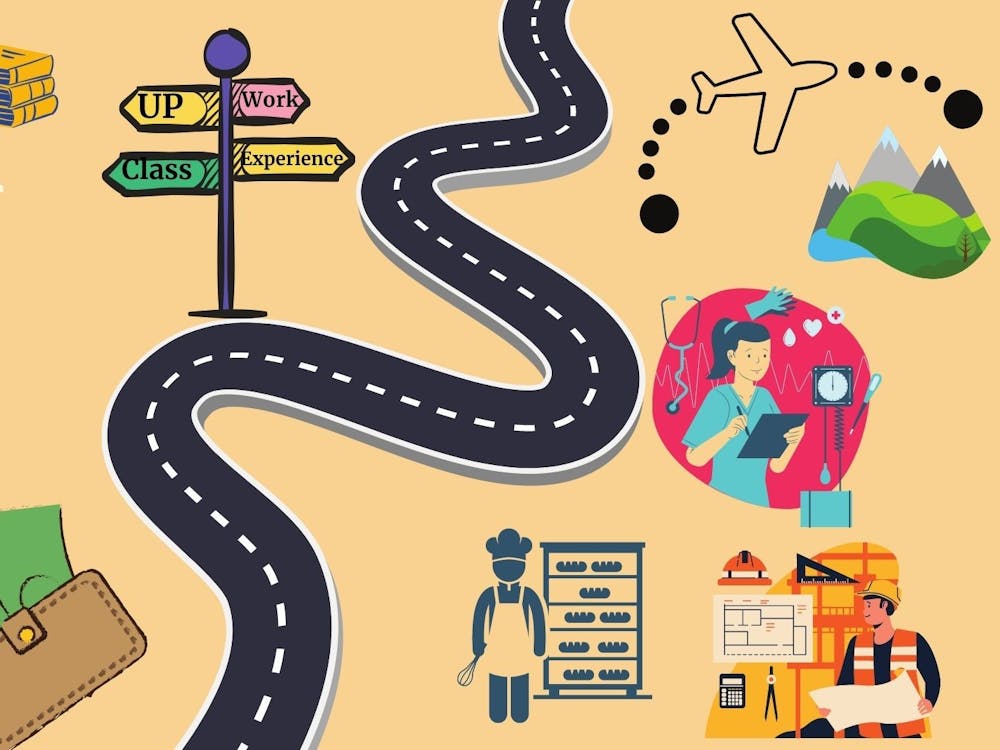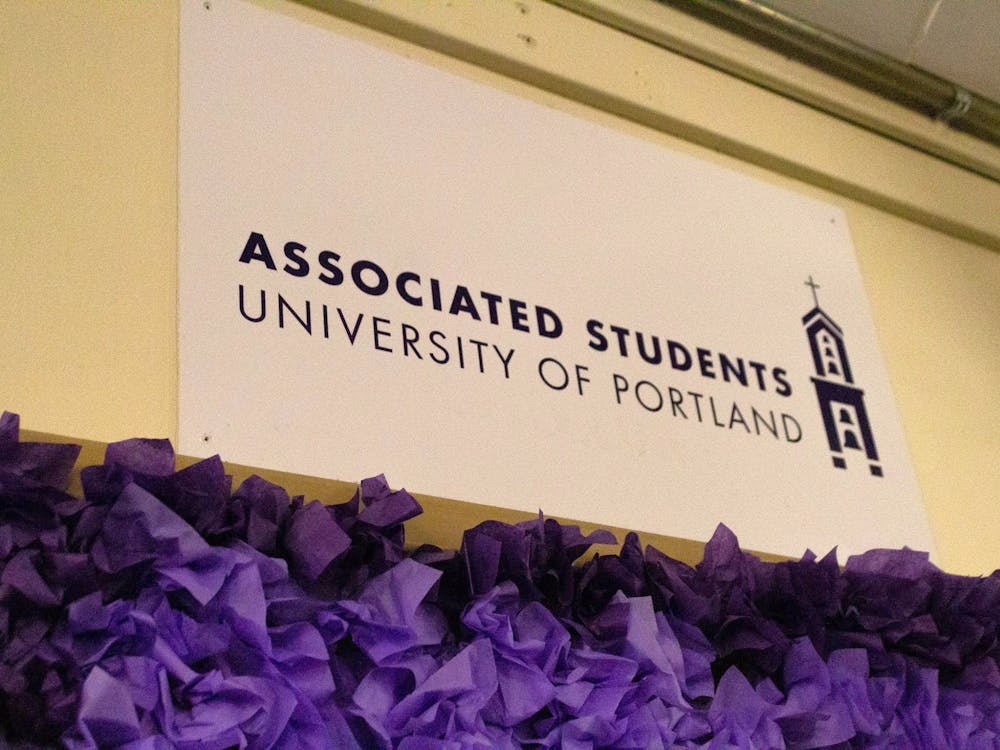“I'm selling it at a price where I can still gain profit but also honor that I paid them what they deserve,” Hernández Osorio said. “Versus, a lot of people go to Mexico and buy things cheap and then sell it here really expensive and then that's exploiting people. So that's what my business is built on: I make stuff and I'm trying to learn more about my culture and how to do new things, but in the process I also have a partnership with Mexican women.”
At the same time, Hernández Osorio has also started a podcast with some friends. The podcast is called “Hijole,” a Mexican slang word primarily indicating surprise or annoyance, though the meaning varies depending on who’s speaking. The idea came from what Hernández Osorio saw as a lack of diverse voices in the podcast landscape.
“I was listening to some podcasts,” Hernández Osorio said, “and I thought, my friends are more funny and my friends are way more interesting than these people who are interviewed. I was like, y’all are missing so many stories by not interviewing diverse people.”
Hernández Osorio has recorded three episodes of the podcast so far. Those episodes have not been released yet, but they cover topics like growing up as a person of color in predominantly white spaces and the experiences of men of color in higher education.
On top of an already demanding job, a small business and a podcast, Hernández Osorio is also pursuing an MBA at UP in the hopes of accomplishing a longer term goal: starting her very own tequila company.
Her dream is to move back to Mexico to run the business full time. As much as this business would be about tequila, Hernández Osorio explained it would also be an effort to reclaim an aspect of Mexican culture that is often appropriated.
“I'm really passionate about businesses that are for a cause and not just for profit,” Hernández Osorio said. “And so that tequila company stems from the racist incident that happened to me at UP. Folks love to appropriate our culture. People love the fun aspects of our culture like chips and salsa and guacamole and they want to water it down to ‘tequila and sombreros’ and this caricature of us, and so it really bothers me. You'll notice in the jewelry business like people steal from us. This is a direct response to that, buy ethical products, if you love our culture so much, buy ethically, not cheap.”
Hernández Osorio’s story is more complex than the cliche of a simple ‘success story’. Her successes are not purely her own, but a representation of the dedication and sacrifices of her parents and those that have supported and mentored her along her journey.




